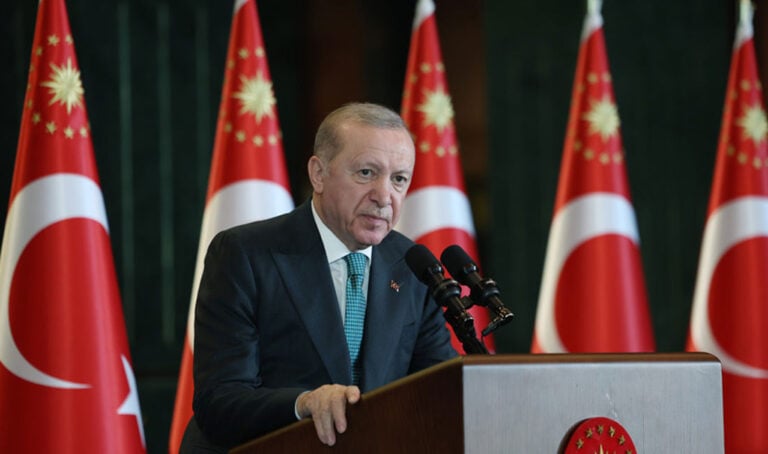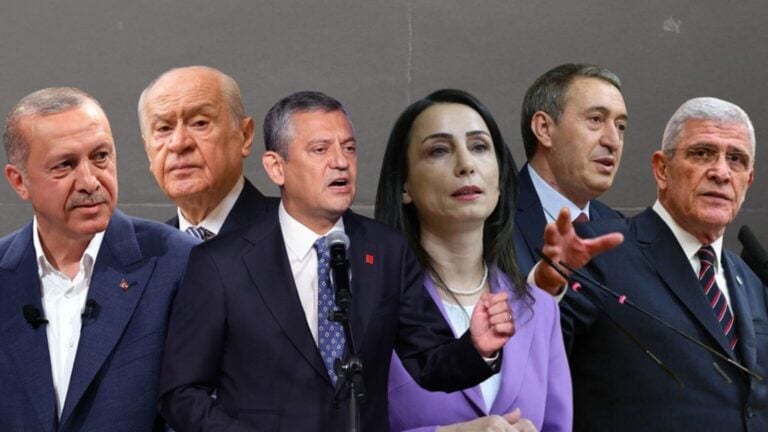Turkey has emerged as the latest nation showing interest in joining BRICS, often seen as a counterweight to the G20. According to an exclusive report by Bloomberg, Turkey has formally applied for BRICS membership, aiming to expand its global influence and forge new alliances. But what precisely drives Ankara’s interest in this alliance remains a matter of speculation, especially in the context of its strained ties with the West.

According to Bloomberg journalists Fırat Kozok and Selcan Hacaoğlu, Turkey submitted its official application to join BRICS, a coalition of emerging economies. The move reportedly took place several months ago. Sources familiar with the matter indicate that Turkey’s growing interest in BRICS may be fueled by ongoing tensions with the European Union and NATO, prompting Ankara to explore alternative partnerships.
Neither the Turkish Foreign Ministry nor the Presidency has provided comments on the matter.
The upcoming BRICS summit in Kazan, Russia, scheduled for October 22-24, is expected to address the bloc’s potential expansion, including Turkey’s application. The Kremlin announced today that Turkey’s President Erdoğan will also attend the summit. Other nations, such as Malaysia, Thailand, and Azerbaijan, are also reportedly considering joining BRICS.
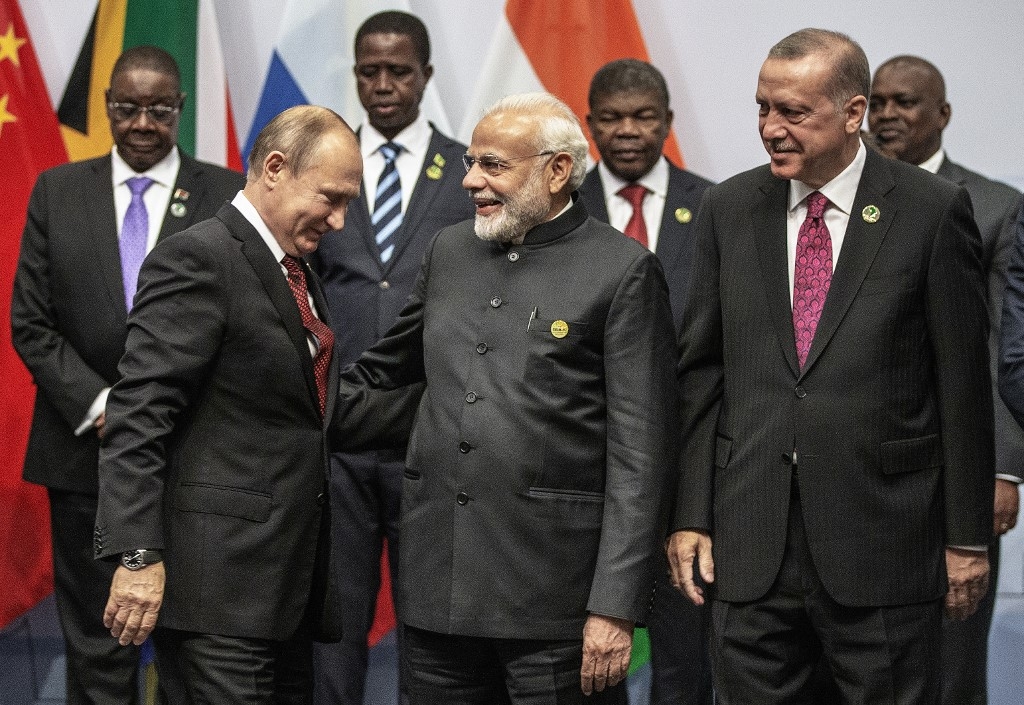
Implications of Turkey’s BRICS Membership
Analysts suggest that Turkey’s interest in BRICS may stem from the group’s more flexible, less stringent structure compared to Western institutions. However, many Western experts argue that Russia uses BRICS to further its own geopolitical goals. If Turkey, a NATO member, joins BRICS, it could further strain its already tense relations with Western allies, particularly in light of its deepening ties with Russia.
Turkey’s potential BRICS membership could significantly reshape its geopolitical alliances and redefine its role on the global stage, adding another layer of complexity to its international relations.
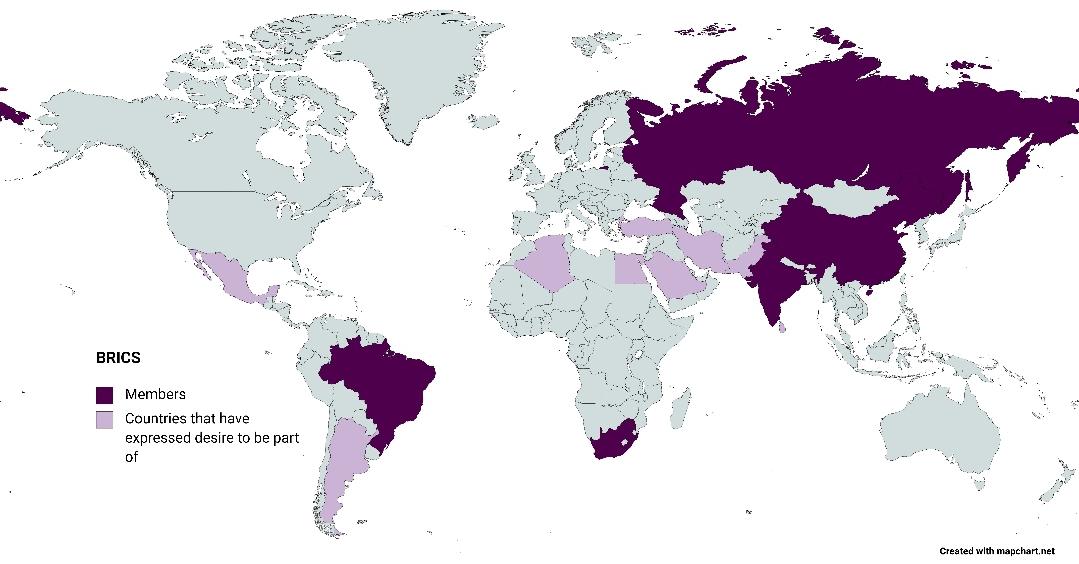
Understanding BRICS
BRICS was established in 2006 by Brazil, Russia, India, and China, with the goal of strengthening cooperation among developing economies and amplifying their influence in global economic affairs. South Africa joined the group in 2010, further expanding its reach. The group’s core objectives include economic development, political cooperation, and advocating for shared interests on the international stage.
During the 2023 BRICS Summit in South Africa, the group took concrete steps to expand its membership. Starting January 1, 2024, Egypt, Ethiopia, Iran, Saudi Arabia, and the United Arab Emirates are set to join the bloc, increasing its total membership to 10. This expansion has raised questions about the group’s future identity, with some experts speculating it may be rebranded as BRICS+.
The bloc’s significance is underscored by the presence of major global powers like China and Russia. BRICS nations collectively represent approximately 45% of the world’s population and hold a significant share of global GDP.
In total, the economies of BRICS countries amount to $28.5 trillion, accounting for 28% of the global economy.
In 2014, BRICS established the New Development Bank (NDB) to finance infrastructure and sustainable development projects in emerging markets.
Moreover, BRICS countries produce roughly 45% of the world’s crude oil, giving them substantial leverage in global energy markets.
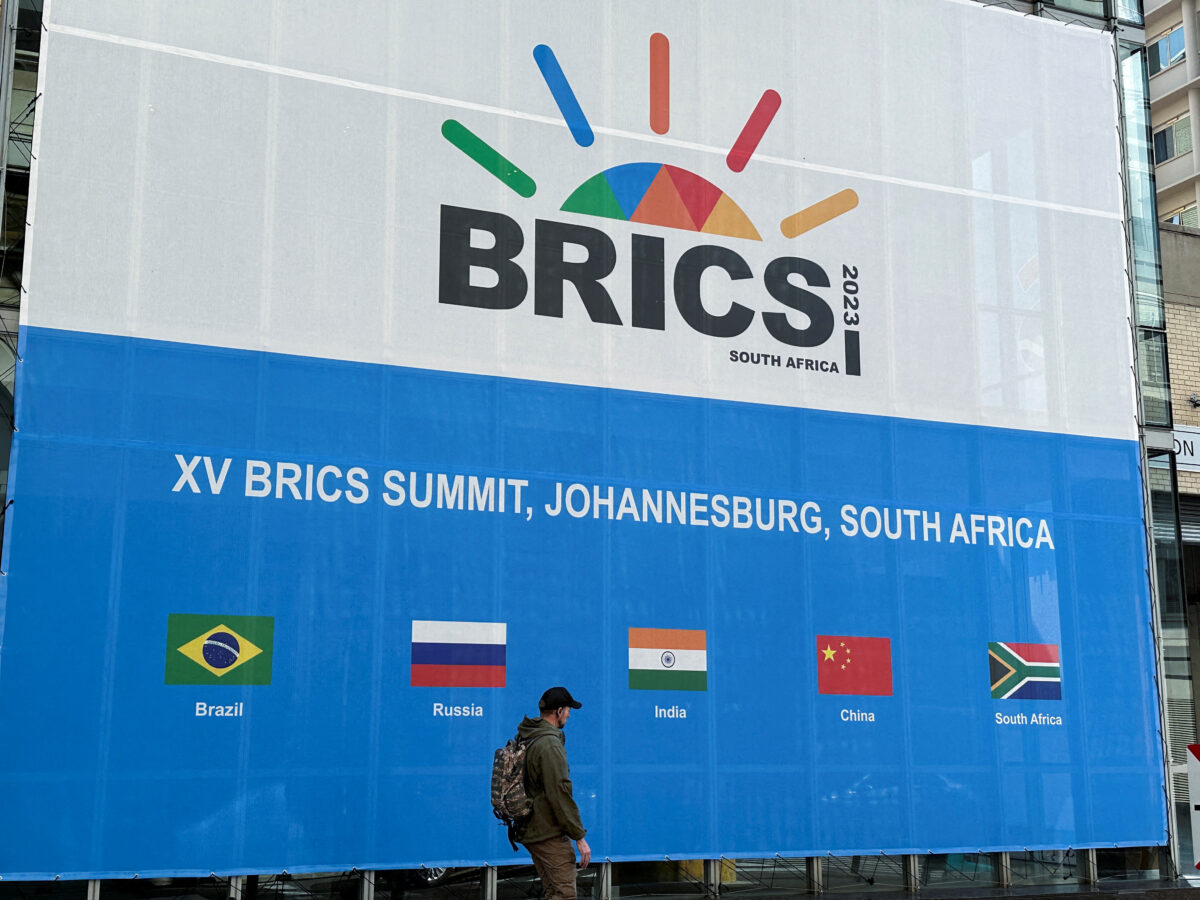
BRICS vs. G20: A Rivalry?
BRICS and the G20 are frequently compared, with some analysts suggesting they are in competition. The G20, which includes Turkey, was founded in 1999 to foster economic cooperation and promote global financial stability. However, it’s important to note that the founding members of BRICS are also part of the G20.
As Turkey weighs its potential role within BRICS, the move could signal a shift in its global strategy, balancing its Western affiliations with new partnerships in the East.






